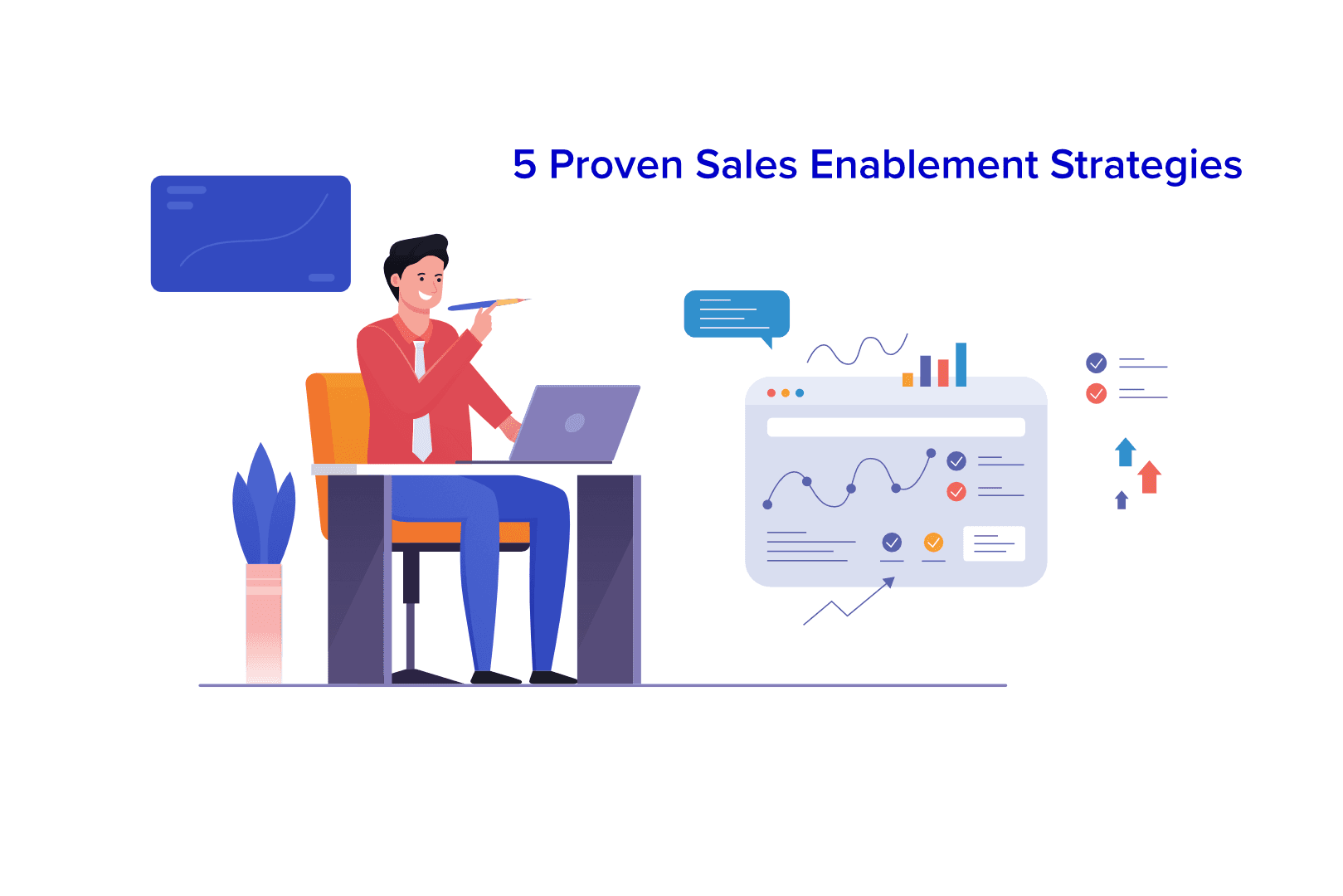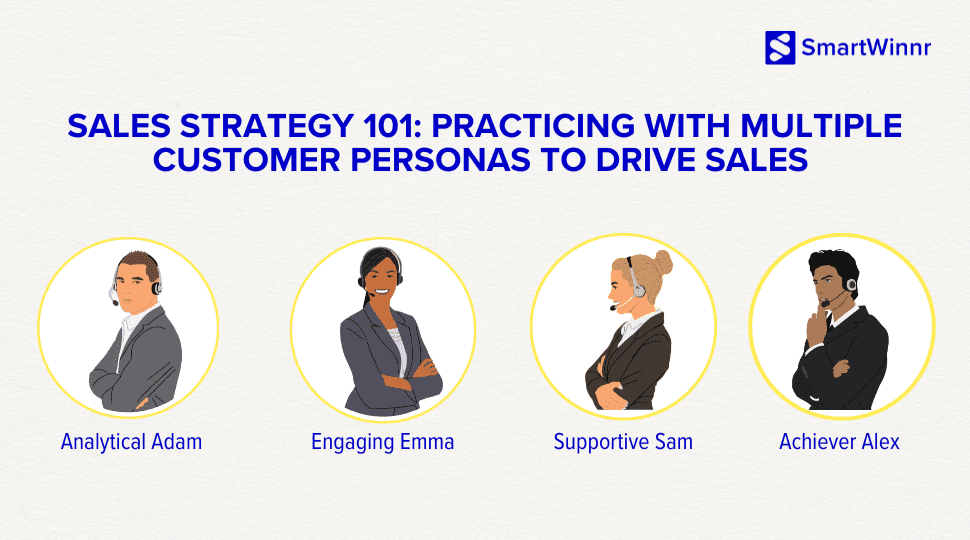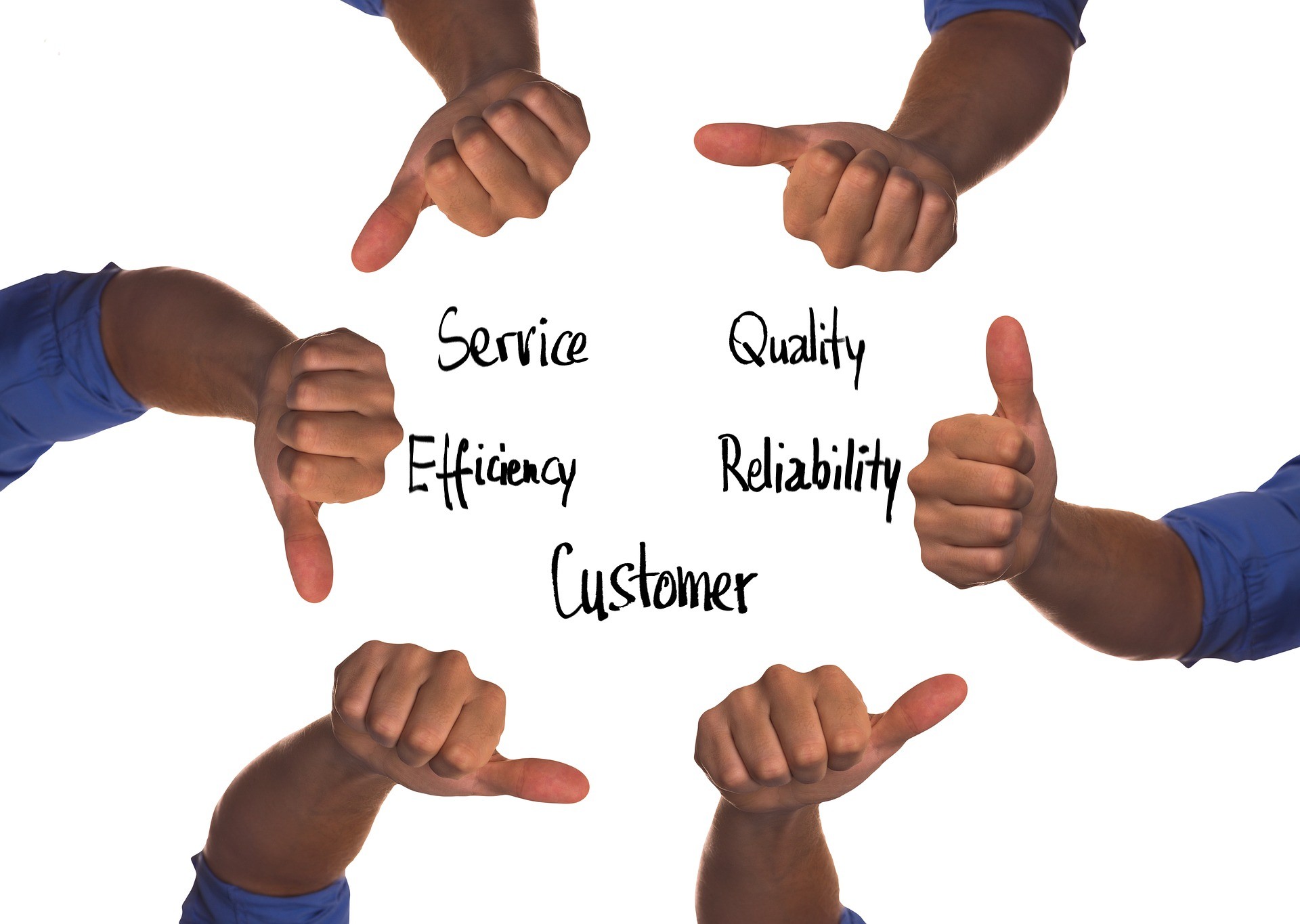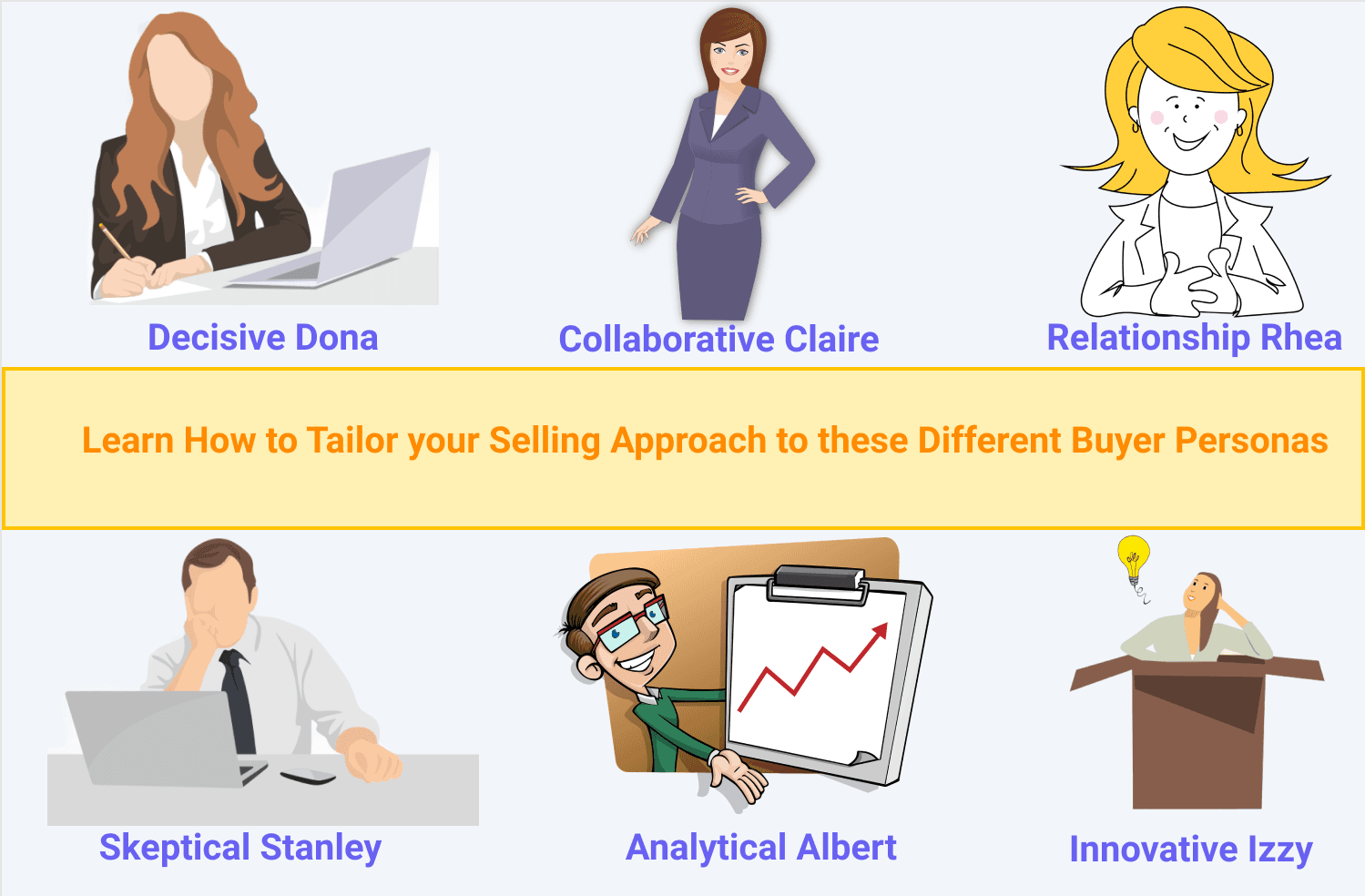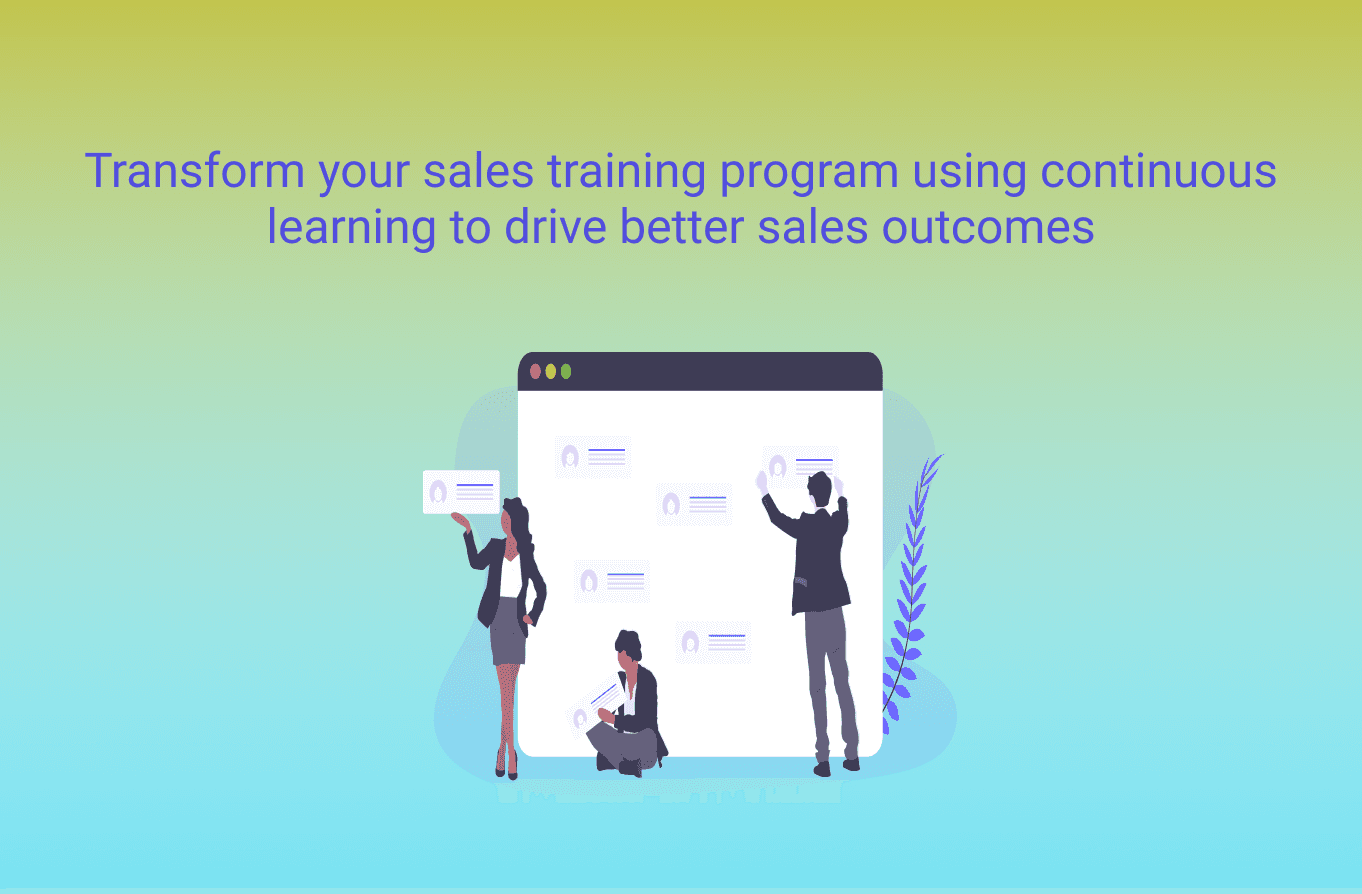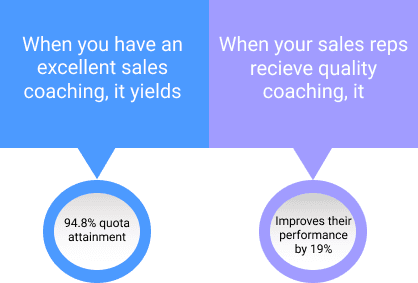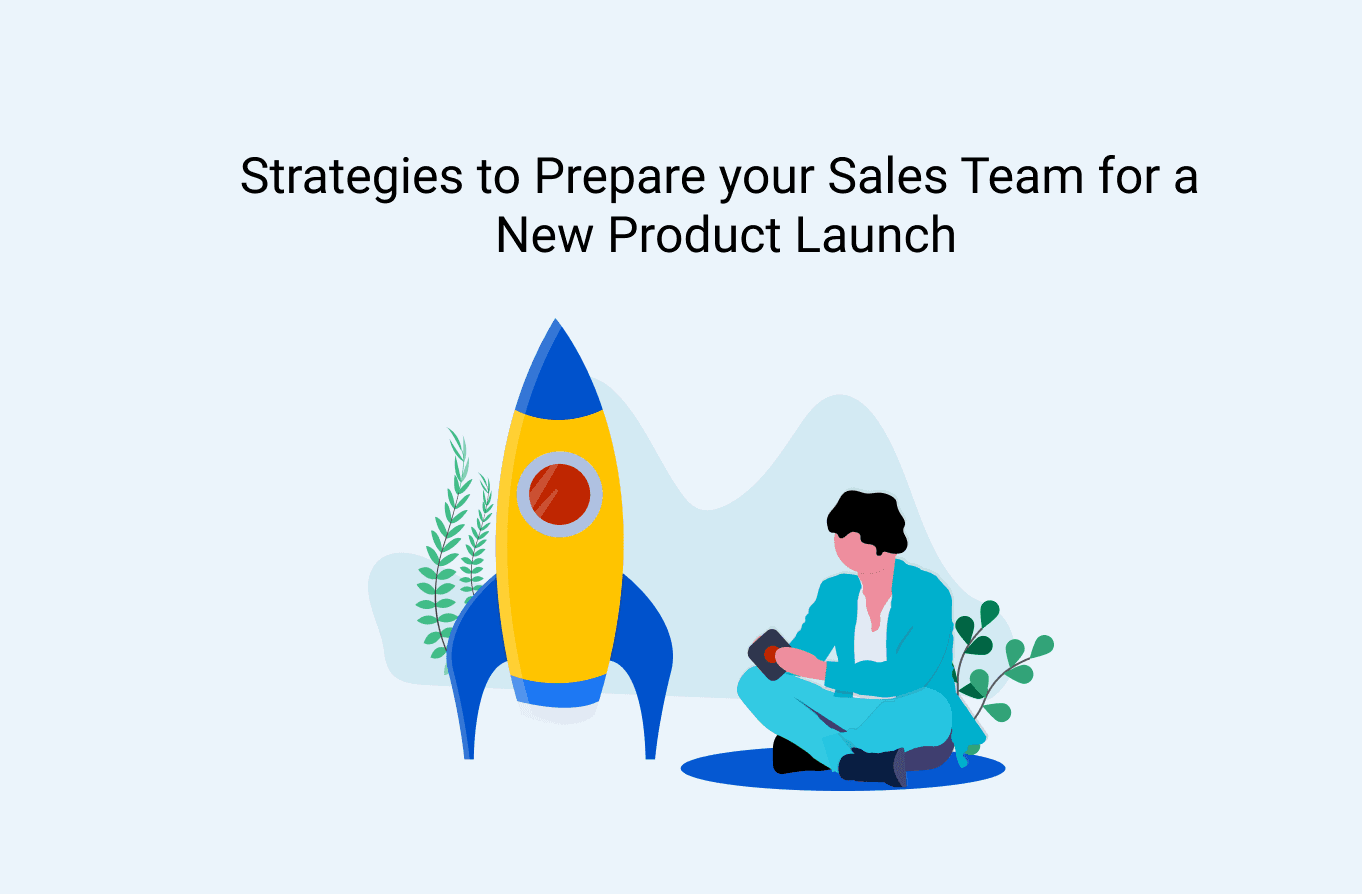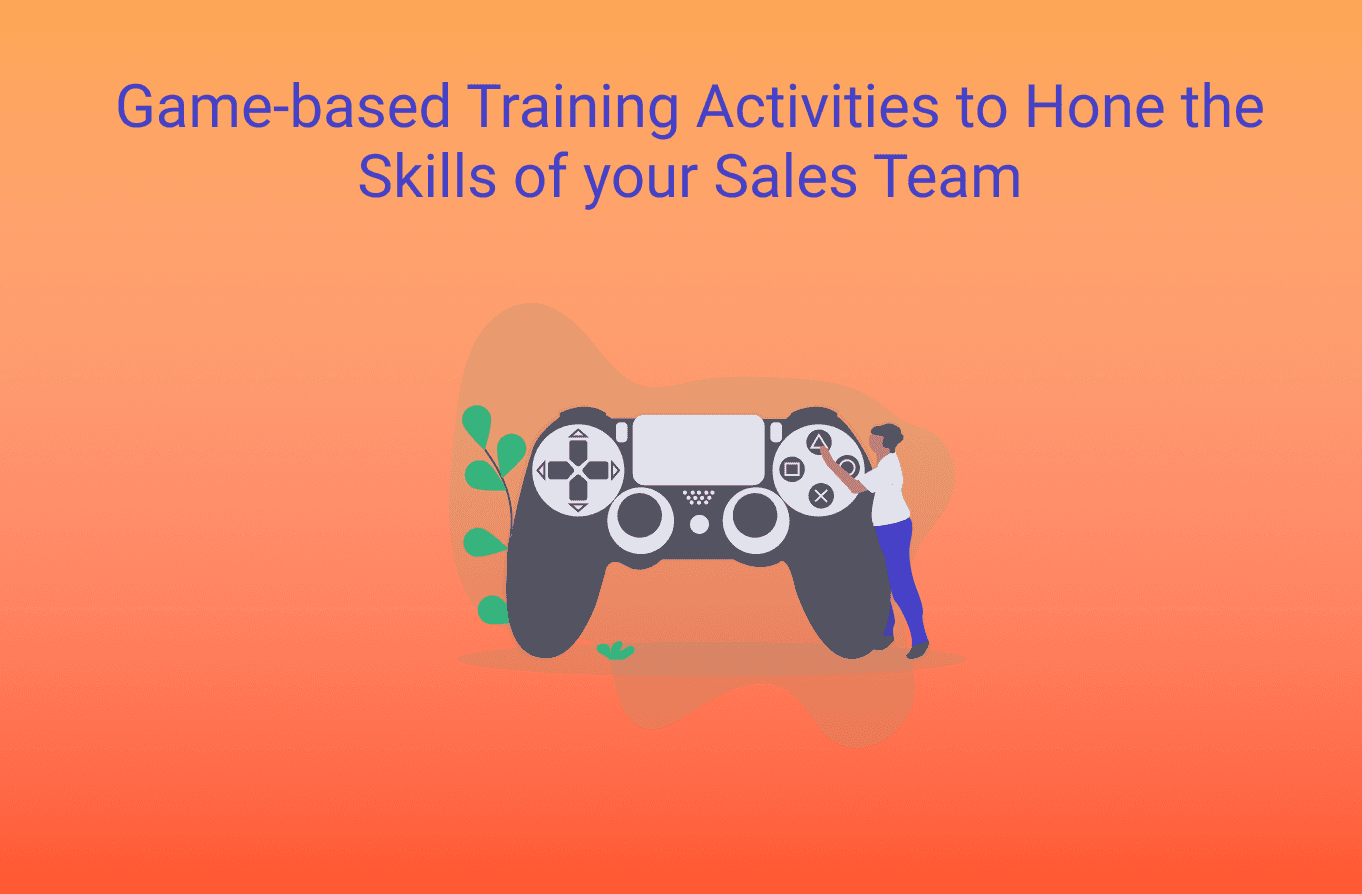Summary
Tired of stalled deals? Use these essential deal coaching questions to spark alignment, reveal gaps, and drive more closes with your reps.
Deal coaching has got a bad reputation as it is often unstructured and tends to become a contentious discussion between the sales manager and the salesperson resulting in no tangible outcomes or providing any benefit to either party. It’s a saga where the reps keep defending their deals, and the managers keep wondering why there’s so much deadwood in the pipeline. This is unfortunate since deal coaching, when done correctly, can improve your sellers’ selling skills and help them in winning more deals.
Deal coaching has two key objectives:
Remove stalled deals so the salesperson can focus on better opportunities and help prevent a bloated sales pipeline
Identifying and closing the knowledge or skill gaps amongst the sellers and strategizing a plan with them to win the deals
By addressing these two objectives, the sales manager can have a significant and immediate impact on
The productivity of their sales reps
Progress of opportunities in the sales pipeline
And revenue generation
When a sales manager helps a sales rep eliminate poorly qualified deals or stalled deals from the sales pipeline early, she is helping that rep to realign the resources (i.e., time) to more productive activities. Thus enabling the rep to spend more time on better-qualified deals.
The foundation of any good sales coaching program is on asking great open-ended questions. In this case, the focus should be on moving away from “how much is the deal worth and when will it close” to more thought-provoking questions that can help move the deal forward and reinforce key selling skills at the same time.
Below are the 9 key questions that should be in any sales manager’s toolkit when they embark on a deal coaching conversation:
Deal Coaching Questions that sales manager should ask their Sales Reps
Question #1: What are the needs or pain points of the customer?
A successful sale happens when your sales rep addresses a customer’s needs and pain points and solves them in a compelling and differentiating way. So, this question here helps you to know whether your rep
Understands the problems faced by the customer
And can succinctly characterize what the customer (or her organization) is trying to accomplish with this initiative
And how it will impact their business
Because if your rep is simply responding to an inbound lead and can’t really understand or articulate the customer’s needs or pain points, they won’t be able to explain how your solution can help the customer
Coaching Point: Help the reps to identify the right questions that they can ask to uncover the customers’ needs and pain points and understand them more clearly.
Question #2: What are the business impacts of not solving these issues?
After uncovering the business issues and priorities, knowing the financial impact of not solving them helps to build a business case.
A “back of the napkin” analysis is sufficient to qualify a sales pursuit. Make sure that you bring a significant material impact to the customer’s life through your solution.
Coaching Point: Help your rep identify the impact of not solving the customer’s problem. And help him to formulate the pitch of your solution in such a way that it convinces the customers that they can surely overcome their problems with your solution.
Question #3: What compelled the customer to act on the issue and find a solution?
It’s crucial for the sales rep to identify and understand the compelling event that made the customer act to solve the issue
Coaching Point: Make your rep see how the issue is tied to the customer’s top issues and initiatives.
Question #4: What is the unique value you bring?
Once all the needs, pain points, and impacts are identified and discussed, you need to see
If your reps can clearly articulate the unique value that your solution provides
Can they explain why your solution is different and how it will benefit the customer in unique ways?
Again, if your rep can’t explain it quickly and simply, they probably have more work to do.
Coaching Point: Help your reps develop and practice a “Value Proposition” that explains the unique aspects of your offering and how it brings value to the customer.
Question #5: Who is making the decision and what is your relationship with them?
Often sales reps get trapped trying to sell to the people in an organization without having a clear picture of who will make the ultimate purchase decision. And then suddenly one fine day a “mystery decision-maker” shows up who has a preference for the competition and the deal is lost.
To avoid this, you need to ask this question to get your rep to identify and gain access to the real decision-maker(s) as early in the deal as possible. Leveraging the network within the account can help the sales reps to identify and potentially gain an introduction to the true decision-maker.
Coaching Point: Help your sales rep create a plan to identify and access multiple stakeholders in the client organization who may be able to influence the deal and provide access to the ultimate decision-maker (s).
Question #6: How will the competition try to beat you?
It’s not enough to know who else is competing on the deal. It’s also important to understand the strengths and weaknesses of the competition and how they may measure up against you and your offering.
It’s a fair question to ask who else the prospect is talking to and how many firms will be on the shortlist. Finding out this information can be invaluable for your sales rep as it helps him to develop a proposal that leverages your unique strengths in the context of the competition’s weaknesses.
Coaching Point: Ask your sales rep to develop a matrix of strengths and weaknesses for your solution when compared to other competitors’ solutions. This would help your rep identify key messages that he can communicate and reinforce with the customer.
Question #7: What are the buyer’s evaluation criteria?
Your sales rep needs to have crystal clear clarity on
What’s important in their customer’s evaluation?
And what requirements must be met in order to surface at the top of their shortlisted companies?
Coaching Point: Ask your rep to get curious about what parameters the customer is going to base their evaluation on. And then help her to put together a sales strategy and product pitch that perfectly fits with their evaluation criteria
Question #8: What’s your definitive next step?
When your rep knows that you are going to ask this question, they are going to be thoughtful and prepared with the next action steps involved in moving an opportunity forward. While you can guide your team with the next steps, your coaching will only be effective if you can get your reps to discover the most effective strategies by themselves.
Coaching Point: This segment of the meeting should be collaborative. Make sure that you work with your sales reps to verify their action plans. Make sure that the plan makes sense with the decision maker’s level of qualification and position within the buying process.
Be sure to follow up on the key activities that were defined as next action steps to see if they had the desired outcome and if any adjustments are needed.
Question #9: Why will this deal not close?
Lastly, it’s important to identify the worst-case scenarios. Because planning for the worst helps you to avoid any unpleasant surprises and overcome hurdles efficiently.
Coaching Point: Ask your reps to try to answer this question as honestly as possible. Ask them to
Be brutally honest
Avoid unnecessary positivity
And avoid trying to make their and your ears happy
Once you figure out the worst-case scenarios, work with your rep to formulate a plan and do some role-plays which will help them to practice answering questions in the tough scenarios and mitigate the risk efficiently.
Learn how trainers can save time by incorporating automated AI role-plays into their sales training programs.
Explore: SmartWinnr Neo AI | AI Powered Sales Coaching
Find out the difference between deal coaching and skill coaching and when to use which type of coaching
Deal Coaching Vs Skill Coaching: What’s the Difference?
Want to know how to create an impactful coaching culture at your organization?
Creating a Sales Coaching Culture with Impact
Check out this blog to understand when to be a coach and when to be a manager for your team
Coach or Manager? What does your team want?
Looking for a sales coaching template?
Read: Sales Coaching Template for Managers
Looking for a sales training software that takes your sales training to a whole new level?
Explore SmartWinnr’s Learning and Gamification features. Learn how to run fun and engaging sales training and sales coaching for your team through SmartWinnr.
Curious to learn more about it? Book a demo today!


